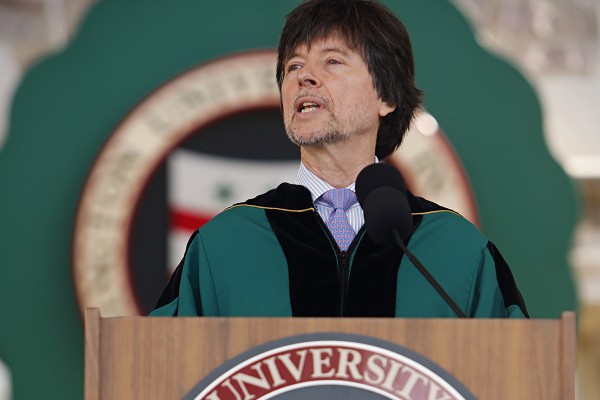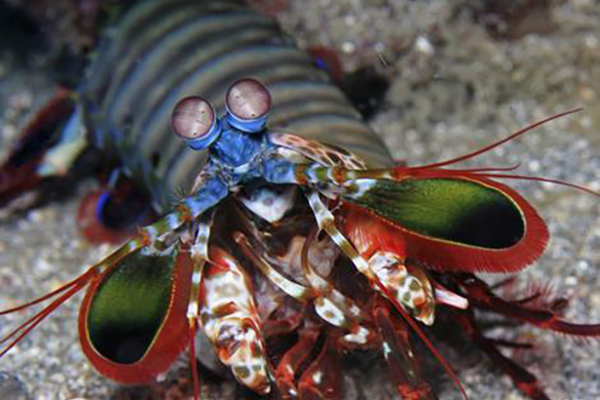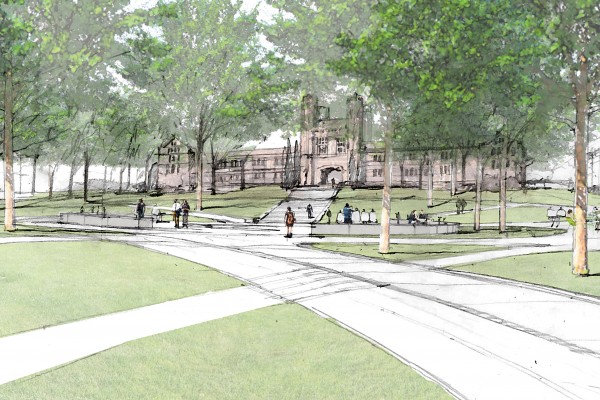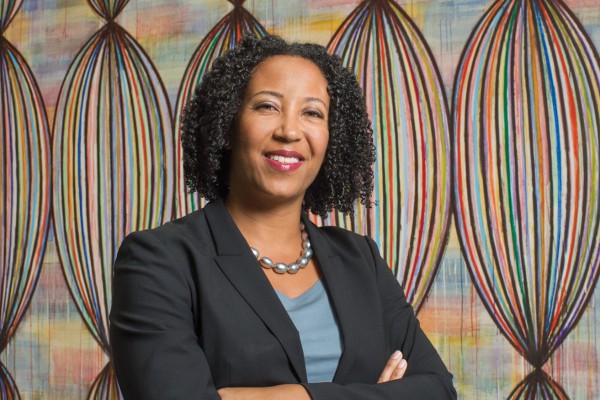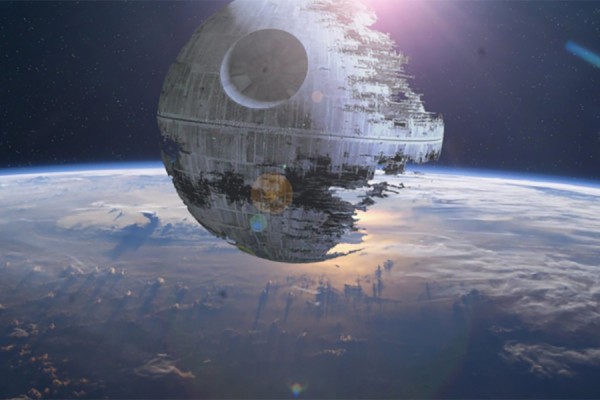The top 10 stories of 2015
New discoveries, a new campus, Star Wars economics and another presidential debate – these were among the most-read stories of 2015 at Washington University in St. Louis.
Six faculty honored with Emerson teaching awards
Six members of the Washington University in St. Louis faculty have been honored with 2015 Emerson Electric Co. “Excellence in Teaching” awards.
IEEE honors Washington University engineers
A collaboration of engineers and researchers from Washington University in St. Louis, led by Viktor Gruev, PhD, has received the highest award from the Institute of Electrical and Electronics Engineers (IEEE) for developing a bio-inspired imaging sensor for medical imaging applications.
Lu named IEEE fellow
Chenyang Lu, PhD, the Fullgraf Professor in the School of Engineering & Applied Science at Washington University in St. Louis, has been named an Institute of Electrical and Electronics Engineers (IEEE) Fellow.
International Conference on Advances in Energy Research begins in Mumbai
Washington University in St. Louis will be well-represented at a pivotal environmental summit, held in India and hosted by the Indian Institute of Technology Bombay. Chancellor Mark Wrighton and Pratim Biswas, PhD, the Lucy and Stanley Lopata Professor and Chair of the Department of Energy, Environmental and Chemical Engineering, will each give talks to scientists and researchers gathered in Mumbai for the 5th International Conference on Advances in Energy Research.
Campus next
The university unveils plans to enhance the east end of the Danforth Campus.
Advancing affordable care
In 2005, Dora Hughes, was working for the late Sen. Edward Kennedy when she met a junior senator from Illinois named Barack Obama, and this meeting changed the trajectory of her career.
Fortner receives SNO Emerging Investigator Award
John Fortner, PhD, assistant professor in the School of Engineering & Applied Science at Washington University in St. Louis, has received the 2015 Sustainable Nanotechnology Organization Emerging Investigator Award.
The economics of Star Wars
In a case study titled “It’s a Trap: Emperor Palpatine’s Poison Pill,” Zachary Feinstein, assistant professor of electrical and systems engineering, assesses the condition of the Galactic economy following the Empire’s collapse, and applies economic modeling and systemic risk analysis to the Star Wars economy.
AAAS taps three Washington University faculty as 2015 fellows
Three faculty members at Washington University in St. Louis are among 347 new fellows named by the American Association for the Advancement of Science (AAAS), the world’s largest general scientific society. David W. Piston, PhD; Shelly E. Sakiyama-Elbert, PhD; and Jeffrey M. Zacks, PhD, will receive the highest honor awarded by AAAS in recognition of their distinguished efforts to advance science or its applications.
View More Stories
